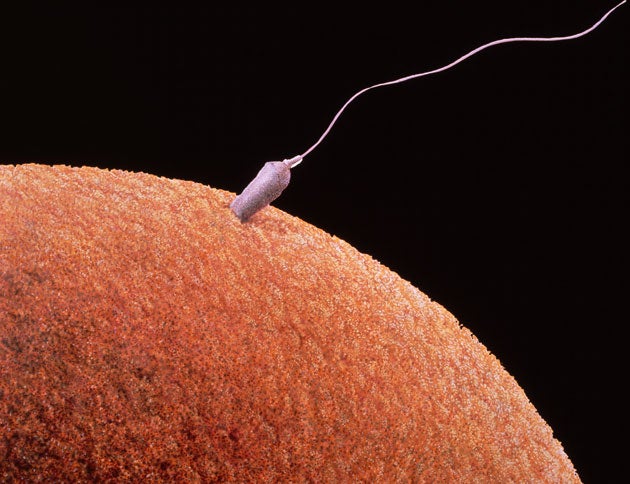IVF treatment: Baby steps in the right direction
Now women up to the age of 42 will have the option of free IVF treatment on the NHS. There are risks to such late conception, but the raised age limit is surely a good thing

How you feel about the NHS offering IVF to infertile women depends on whether you’re a woman, or want a child, or have ever been ill, or intend ever to get ill. In other words, it’s complicated. Should infertility be treated like cancer, or heart disease, or not? Should a struggling health service be spending its meagre funds on giving women the chance to have a biological child, when “real” illnesses demand attention, and the numbers of children in care in the UK rise ever higher, while waiting to be adopted?
Then again, should women who wait until they are settled in a relationship, or have established a career from which they can take a break with some level of financial security, or have not tried for myriad other reasons, be penalised if their fertility is waning? Yesterday’s announcement of an extension of free IVF treatment to women up to the age of 42, and after two years of trying to conceive, rather than the current three years, is a guideline put forward by the National Institute for Health and Clinical Excellence.
Guidelines rather than legislation are open to interpretation, delay and downright side-lining but at least the subject is being brought into the 21st century with an acknowledgement that the majority of women are not in a position to follow the Duchess of Cambridge life plan.
Having been on the receiving end of the crushing news that I was not eligible for NHS-funded IVF when I was 34 (according to the then-guidelines, I’d have been 35 – too old – before I reached the top of the waiting list), I understand the profound pain that an age limit causes. It’s a double blow – and for those without the funds to go private, a biological dead end.
But let’s remember that IVF is not guaranteed to result in a baby. Those over the current age limit of 39 will, in the new plan, be offered one cycle of IVF (which costs around £3,000). The success rate is, broadly speaking, 19 per cent for those around 39; it drops to 12 per cent for those aged 42. There are serious risks – physical and psychological – attached, too.
I am a passionate advocate of adoption, having opted for that route rather than suffer the financial/relationship/health stress of fertility treatment. Neither course of action is undertaken lightly – unlike the traditional methods of making a baby, one might say. So let’s have less shrieking from the right-wing press about a deluge of fatherless children. Those who are willing to undergo IVF will be those who have thought long and hard about becoming a parent – and that, surely, is the most important factor of all.
Join our commenting forum
Join thought-provoking conversations, follow other Independent readers and see their replies
Comments
Bookmark popover
Removed from bookmarks